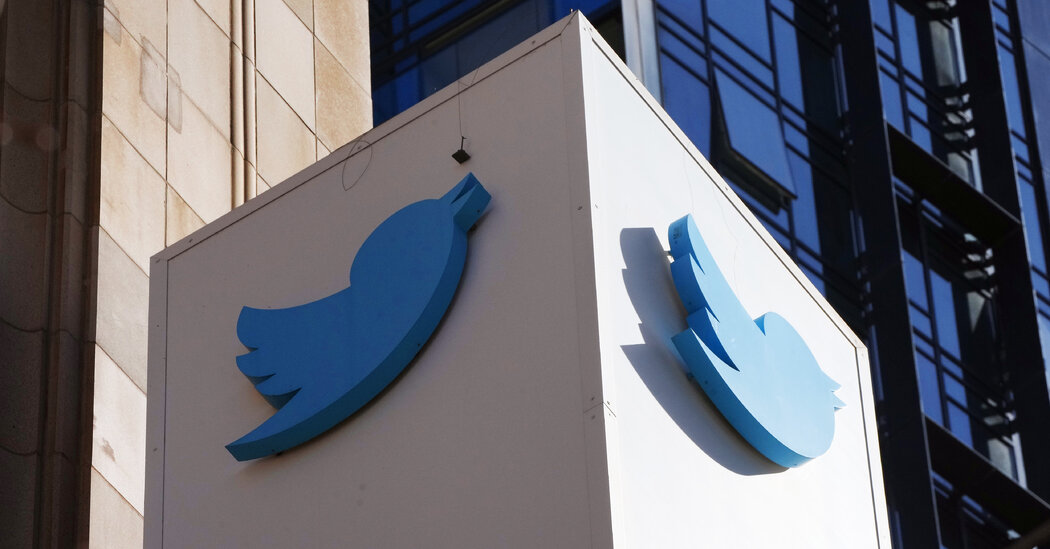PARIS — President Emmanuel Macron vows to heal France’s “doubts and divisions” and is expected to quickly address one of the key issues that prompted more than 40 percent of voters to vote for far-right candidate Marine Le Pen: An erosion in purchasing power and living standards that fueled resentment during his first term.
French finance minister Bruno Le Maire vowed during an interview on Europa 1 on Monday that Macron’s second term would be different. “We can’t forget the message they sent. We need to change our way of government,” he said.
The euro rose on Monday shortly after Mr Macron’s victory, largely anticipated in financial markets and greeted with relief by European leaders who welcomed political continuity in one of Europe’s most powerful countries. Ms Le Pen, who planned to withdraw from European integration, was widely seen as a threat to the unity of the EU.
One of Macron’s first priorities will be a “purchasing power package” he outlined during the campaign. It includes taking measures by the summer to boost pensions, increase social subsidies for households pressured by rising inflation and offering tax breaks to encourage companies to give hefty bonuses to the cost of living. .
Mr Le Maire added that the energy price caps Mr Macron introduced to curb rising energy bills from Russia’s war in Ukraine would be maintained until the end of the year. That was an apparent concession to a proposal by Mrs Le Pen to lower the VAT on energy and gas from 20 percent to 5.5 percent.
“There is a lot to do in terms of inflation and economics,” said Mr. LeMaire.
While Mr Macron was in charge of economic growth and a sharp drop in unemployment, he was unable to reduce growing inequality. If he wins a parliamentary majority in the June parliamentary elections, he would have more freedom to move forward with his economic program.
French unions welcomed Macron’s victory but said he must bridge the French divide. They urged him to focus on social and economic issues that led people to vote for Ms Le Pen — even as they called for nationwide demonstrations on May 1 to demand that Mr Macron implement pay increases and pensions, plans to increase the pension postponed aging and further emphasize environmental policy.
“The worst was avoided today. But almost 42 percent of the vote for the far right means that nothing can and should be as before,” said Laurent Berger, secretary general of the CFDT, one of France’s leading trade unions. wrote on Twitter on Sunday†
Solidaires, another major trade union, warned that the power of the far right appeared to be growing, in part because of the “antisocial policies” of the French governments. Despite Macron’s victory, the union said it had “no legitimacy to push through anti-social reforms”, especially a plan to raise the retirement age to 64 or 65 to fund France’s national pension system (current retirement age is 62). .
Business lobbies raved about Macron’s victory after warning that Ms Le Pen’s ideas of detaching France from Europe would cause immeasurable damage to the country and its economy. But they acknowledged that social unrest could flare up again.
Macron’s first term was marked by massive demonstrations against his proposals to change the pension system, as well as against the Yellow Vest movement, which brought out millions of disenchanted workers to protest the lagging behind in the French economy.
“The president has the work of Hercules in front of him, in the sense that I believe the world has never been as unstable as we know,” said François Asselin, president of an industry group representing small and medium-sized companies. “The question will be how we can get as many people as possible to accept the reforms the country needs, without the blockages, because we need a country that works.”


